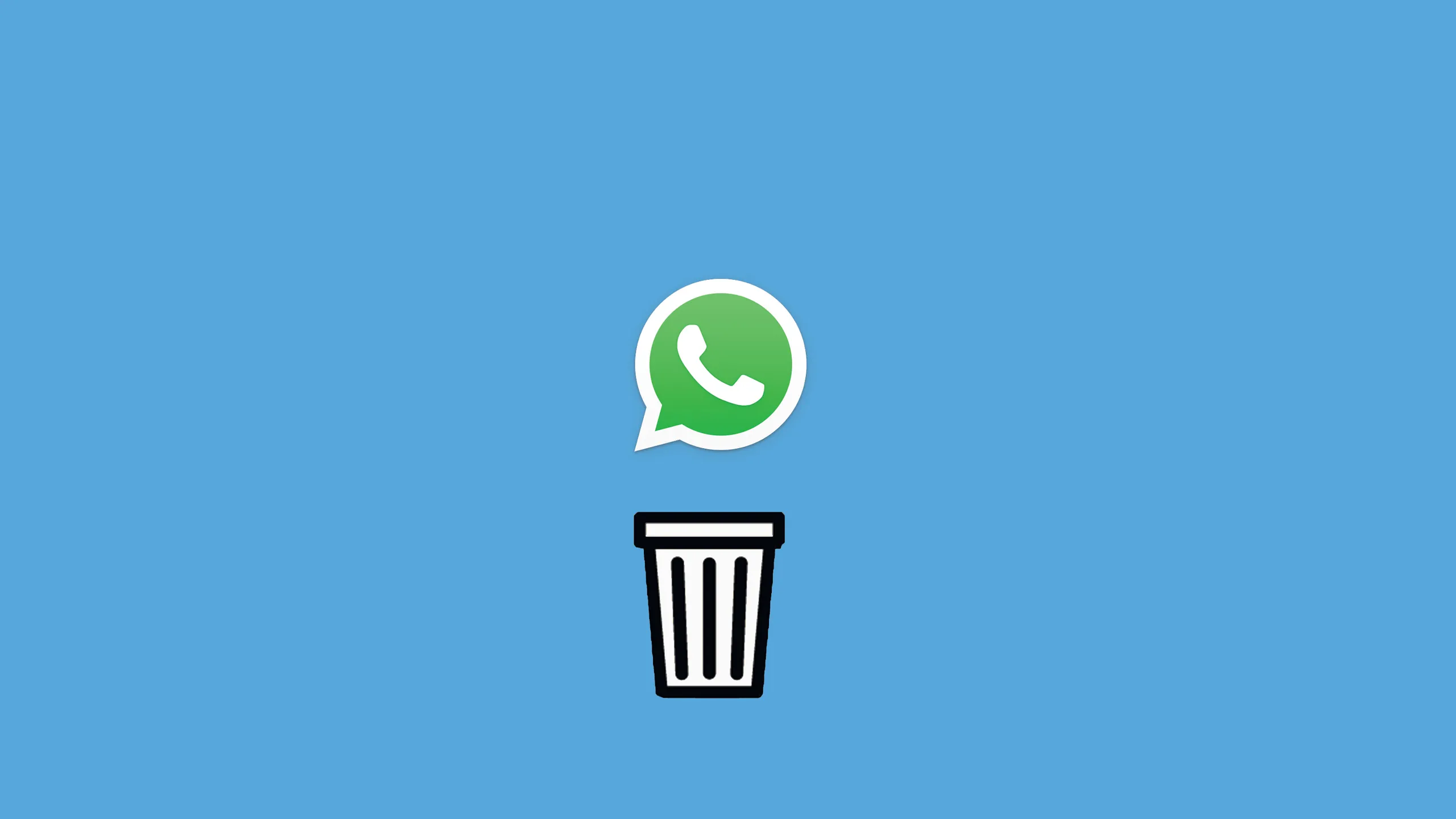Comparing WhatsApp and Signal: Which App is Right for You?

Messaging apps have become an essential part of our daily lives, connecting us with friends and family across the globe. WhatsApp and Signal are two of the most popular messaging apps available today, both offering end-to-end encryption for secure messaging. But how do these apps differ, and which one is right for you? In this article, we’ll compare the features, security, and privacy of WhatsApp and Signal to help you make an informed decision.
Features
Both WhatsApp and Signal offer a range of features that make messaging easy and convenient. WhatsApp has been around for longer and has a larger user base, which means it offers a wider range of features. For example, WhatsApp allows you to make voice and video calls, create group chats, and share files and photos. It also offers a web client that allows you to use the app on your computer.
Signal, on the other hand, has a simpler interface with fewer customization options. However, it still offers all the essential features, including voice and video calls, group chats, and the ability to share files and photos. Additionally, Signal offers a unique feature called “disappearing messages,” which automatically deletes messages after a certain amount of time.
Security
Both WhatsApp and Signal use end-to-end encryption to secure your messages, which means that only the sender and receiver of a message can read its contents. However, there are some differences between the two apps when it comes to security.
WhatsApp is owned by Facebook, which has faced criticism for its handling of user data. However, WhatsApp has implemented a range of security features to protect user privacy, including two-factor authentication and the ability to verify the identity of contacts through QR codes.
Signal, on the other hand, is a non-profit organization that is funded by donations and grants. It has a strong focus on user privacy and security, and its open-source code allows security experts to audit its security features.
Privacy
Privacy is becoming increasingly important to users, and both WhatsApp and Signal offer a high level of privacy. However, there are some differences between the two apps.
WhatsApp collects some user data, including your phone number and some metadata about your messages. This data is used to improve the app’s performance and provide targeted ads on Facebook. However, WhatsApp has implemented a range of privacy features, including end-to-end encryption and the ability to control who can see your profile picture and status.
Signal, on the other hand, collects very little user data and has no advertising or tracking features. This means that Signal is a more privacy-focused app, and is a good choice for users who are concerned about their online privacy.
Which app is right for you?
So, which app should you choose? It really depends on your personal preferences and priorities. If you value a wide range of features and a large user base, then WhatsApp may be the better choice for you. However, if privacy and security are your top priorities, then Signal is the better option.
It’s also worth considering the preferences of your contacts. If most of your friends and family use WhatsApp, then it may be more convenient to stick with that app. However, if you’re looking to switch to a more privacy-focused app, then it’s worth encouraging your contacts to make the switch with you.
Conclusion
WhatsApp and Signal are both excellent messaging apps that offer a high level of security and privacy. Choosing the right app for you depends on your personal preferences and priorities. If you’re looking for a wider range of features and a larger user base, then WhatsApp is a good choice. However, if privacy and security are your top priorities, then Signal is the better option. Whatever app you choose, it’s important to remember to always use strong passwords, enable two-factor authentication, and be mindful of the information you share online. With these tips in mind, you can enjoy secure and private messaging with either WhatsApp or Signal.
